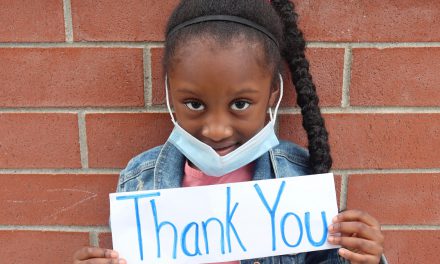By Elena Cleaves
President Donald Trump’s highly-favored appeals court judge, Amy Coney Barrett, has been confirmed to fill the newly open Supreme Court spot following her hearings earlier this month. Barrett, a devout Catholic and constitutional originalist from Indiana, is replacing Justice Ruth Bader Ginsburg who passed away in September. Barrett’s history of conservative rulings is a stark contrast to Ginsburg’s legacy which raises concern for Democrats, especially on how she will influence health care amidst the Coronavirus pandemic. Her previous critique of the Affordable Care Act (ACA), nicknamed Obamacare, may mean the overturning of the act with her vote in a ruling later this year, and the subsequent loss of health care for 20 million during a simultaneous economic and health crisis.
What’s the ACA & What’s at Stake?
The ACA has three primary purposes: make affordable health insurance available to more people, expand the Medicaid program to cover all adults below a certain level of income, and support medical care delivery methods designed to lower the cost of health care. It is the law that allows dependents to remain on their parents’ health insurance until age 26 and obtain free services like mammograms, birth control, cholesterol checks, and more. The ACA most notably bars insurers from denying coverage or raising premium costs based on an individual’s health history. This protects people such as the estimated 54 million Americans with pre-existing conditions from being discriminated against and losing access to affordable health care.
In June, the U.S. Justice Department and Solicitor General Noel Francisco asked the Supreme Court to invalidate the ACA, citing that “the remainder of the act should not be allowed to remain in effect” once its individual coverage mandate and two key provisions are invalidated. The Supreme Court will be voting sometime next term on the dispute, a case known as California vs. Texas, deciding whether the law’s individual mandate was rendered unconstitutional and if so, whether that brings down the rest of the law with it. The lawsuit’s arguments face doubt from both parties, yet Democrats still fear that because Barrett has joined the court prior to the election, this could not only sway the conservative right vote but also lead to Barrett helping repeal the ACA.
How Would the Overturning of the ACA Affect Missouri?
Nearly 14 million people have filed for unemployment as of August and as businesses look towards shutting down again, this number may continue to climb. Individuals are being faced with increasingly difficult decisions such as closing their business doors, staying home to help children with virtual school, and continuing to work essential jobs despite a great health risk. No matter their situation, all will be critically affected by the loss of ACA and Medicaid: an Urban Institute analysis in July shows that 700,000 people have or will select ACA plans this year after losing income and job-based access to health insurance.
In August, Missouri joined 37 states in voting to expand Medicaid, slated to begin July 2021. The amendment was heavily supported in urban areas such as Kansas City and St. Louis but overwhelmingly opposed by conservative voters in rural areas, despite having the highest uninsured and poverty rates. The expansion under the ACA would continue to provide affordable health coverage to Missouri residents as well as potentially save the state an estimated $39 million a year. The loss of ACA and subsequently expanded Medicaid would mean a devastating loss of access to health care. Rural communities already face unique barriers to accessing health services including proximity and transportation to facilities which are exacerbated by the current economic crisis and any loss of income or insurance in the household.
These challenges become additionally more difficult when faced by those at higher risk for catching coronavirus, including racial and ethnic minorities, people 65 years and older, and people with chronic pre-existing conditions. Missouri has a large Black, Hispanic, and Asian population as well as a large rural population, which are facing disproportionate loss of income and insurance, rendering the ACA’s protections a necessity as coronavirus cases continue to rise in the state.








